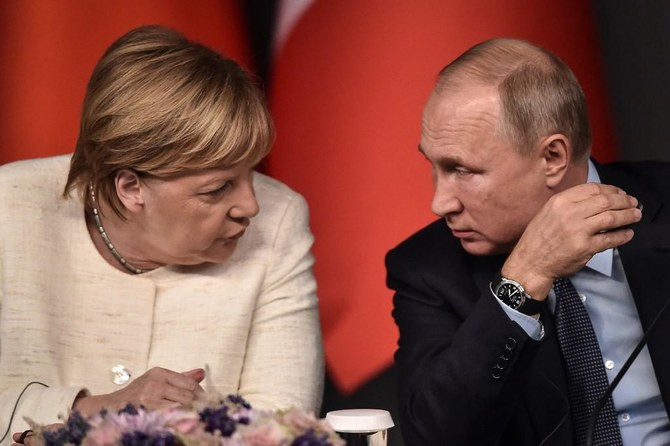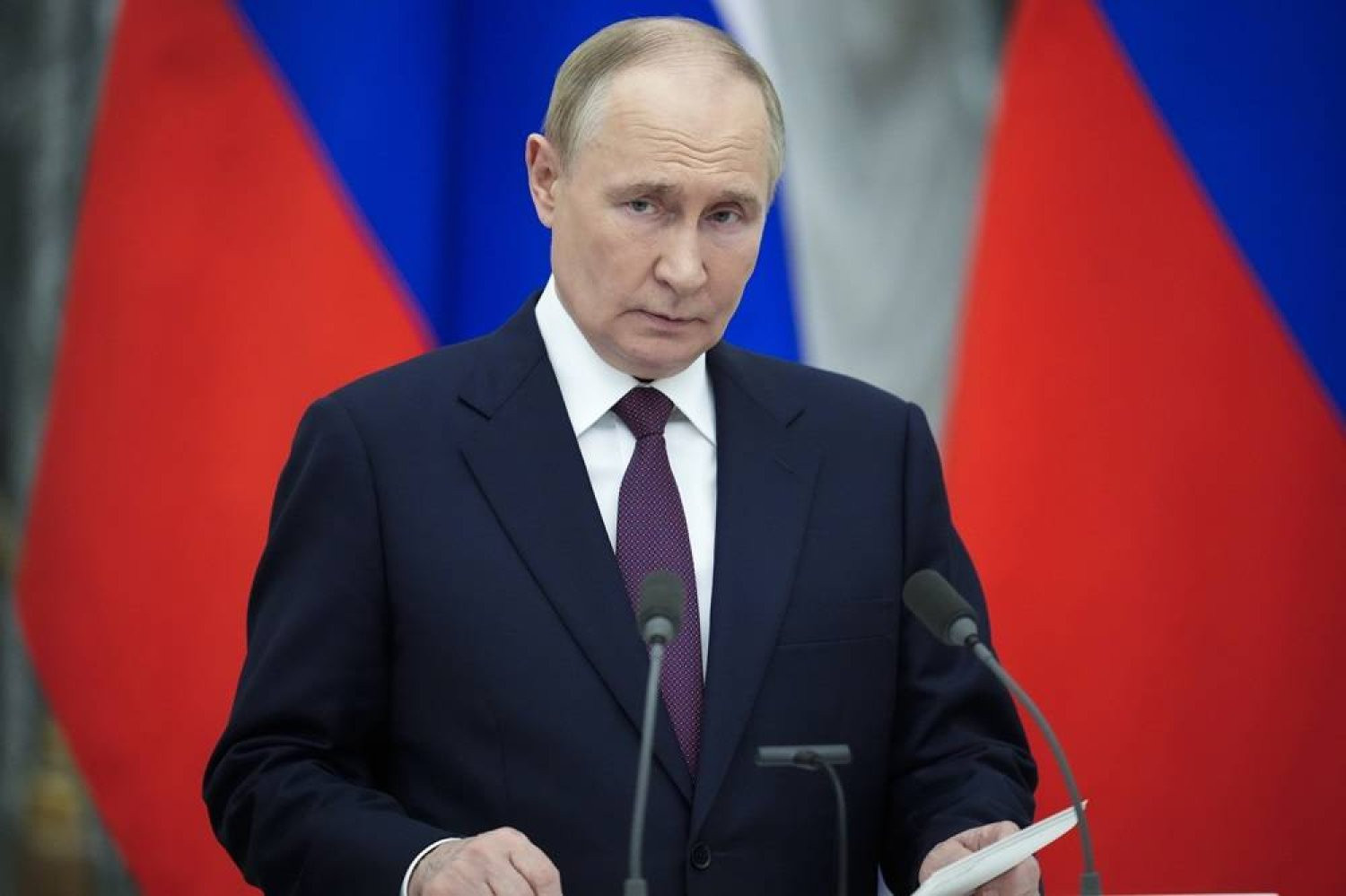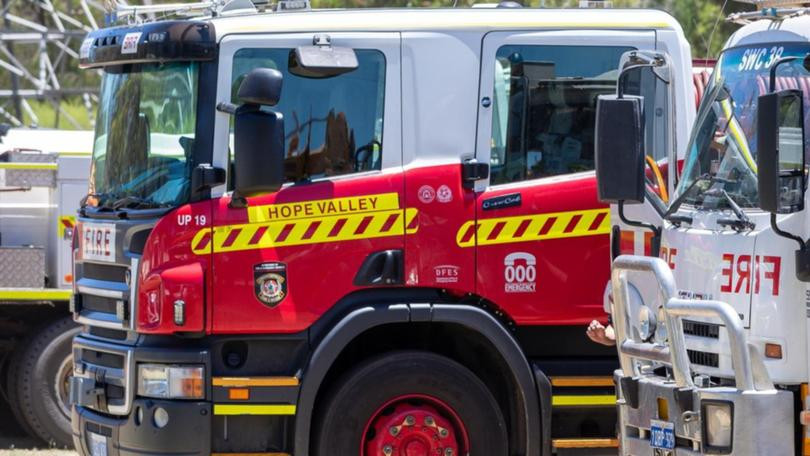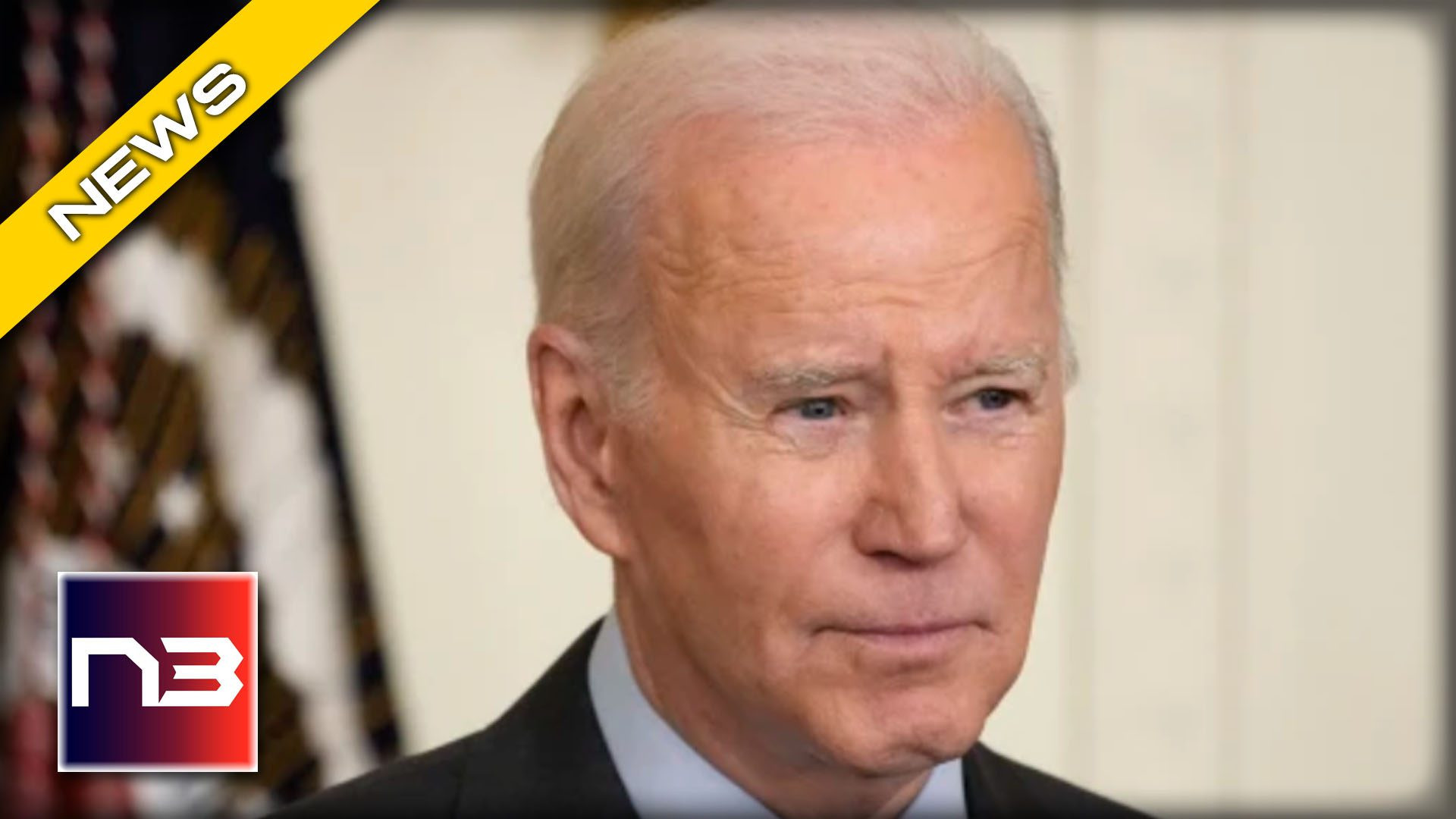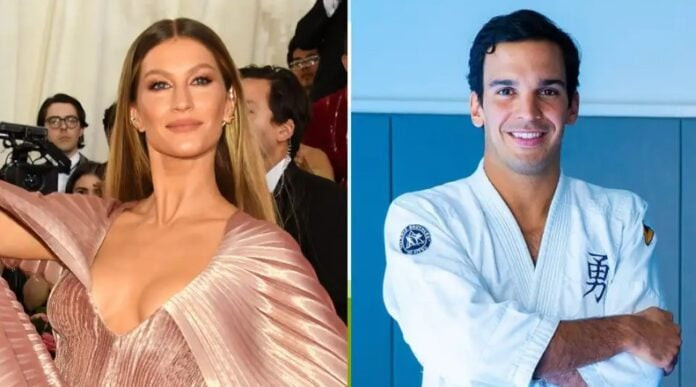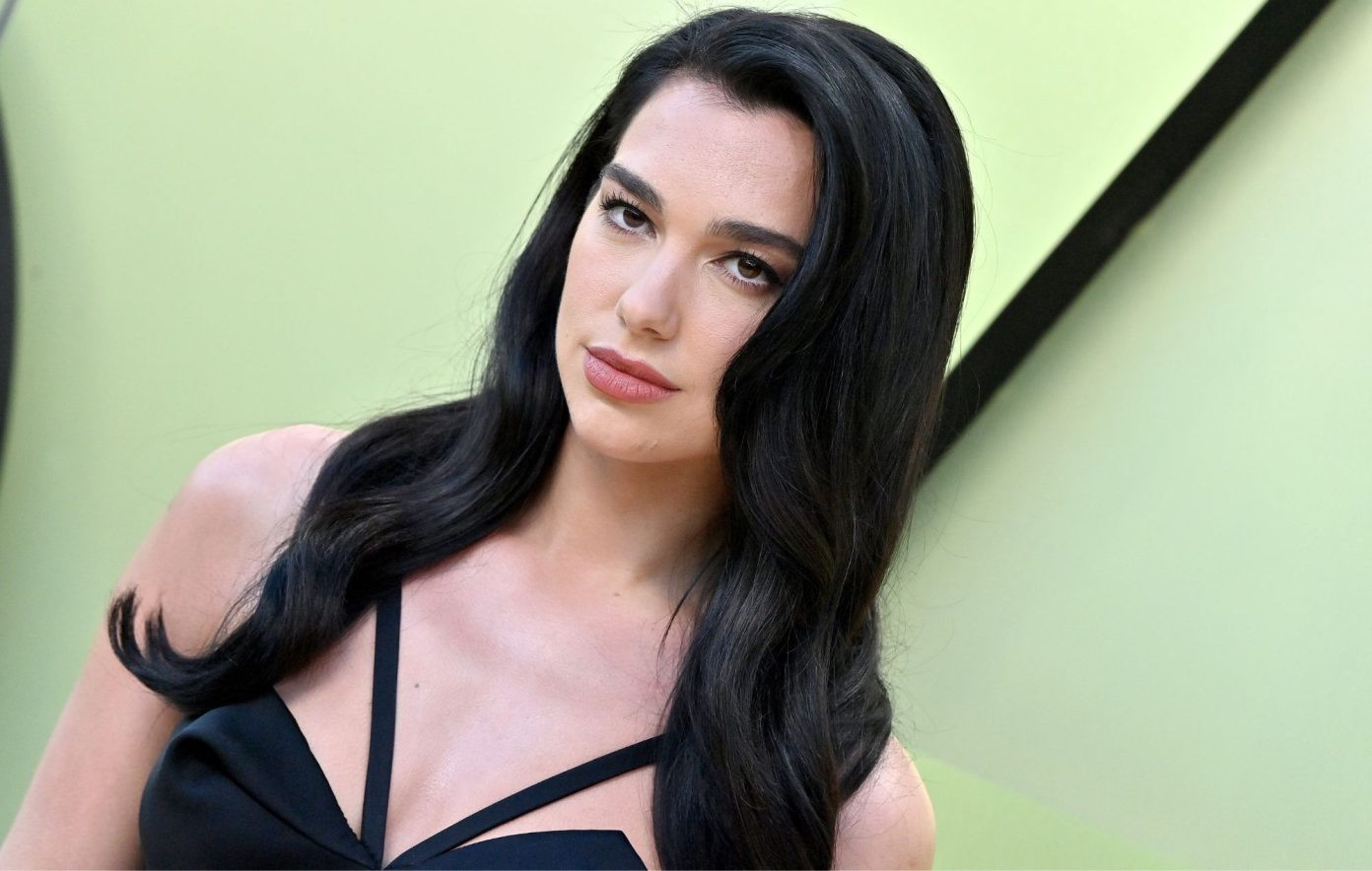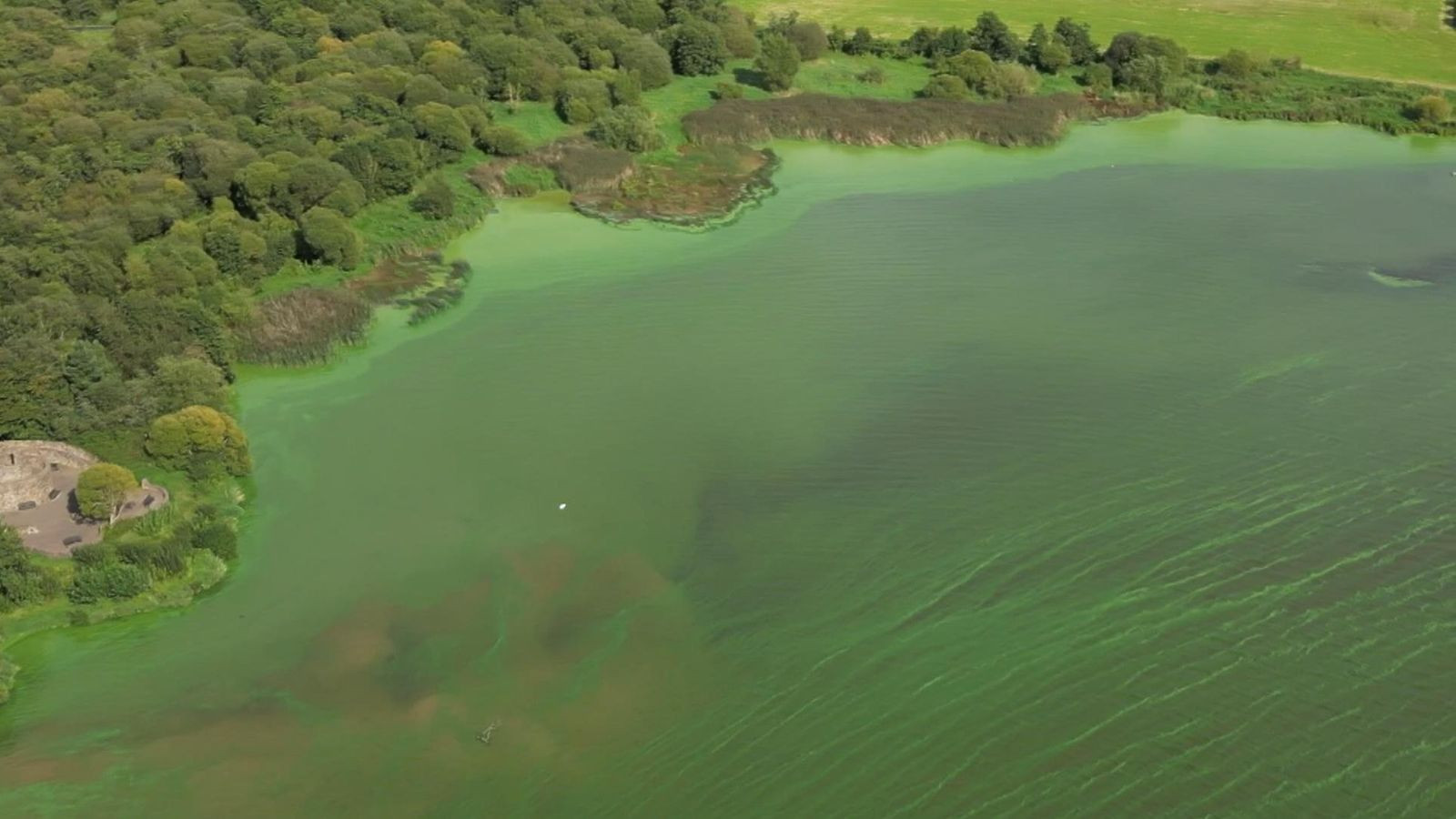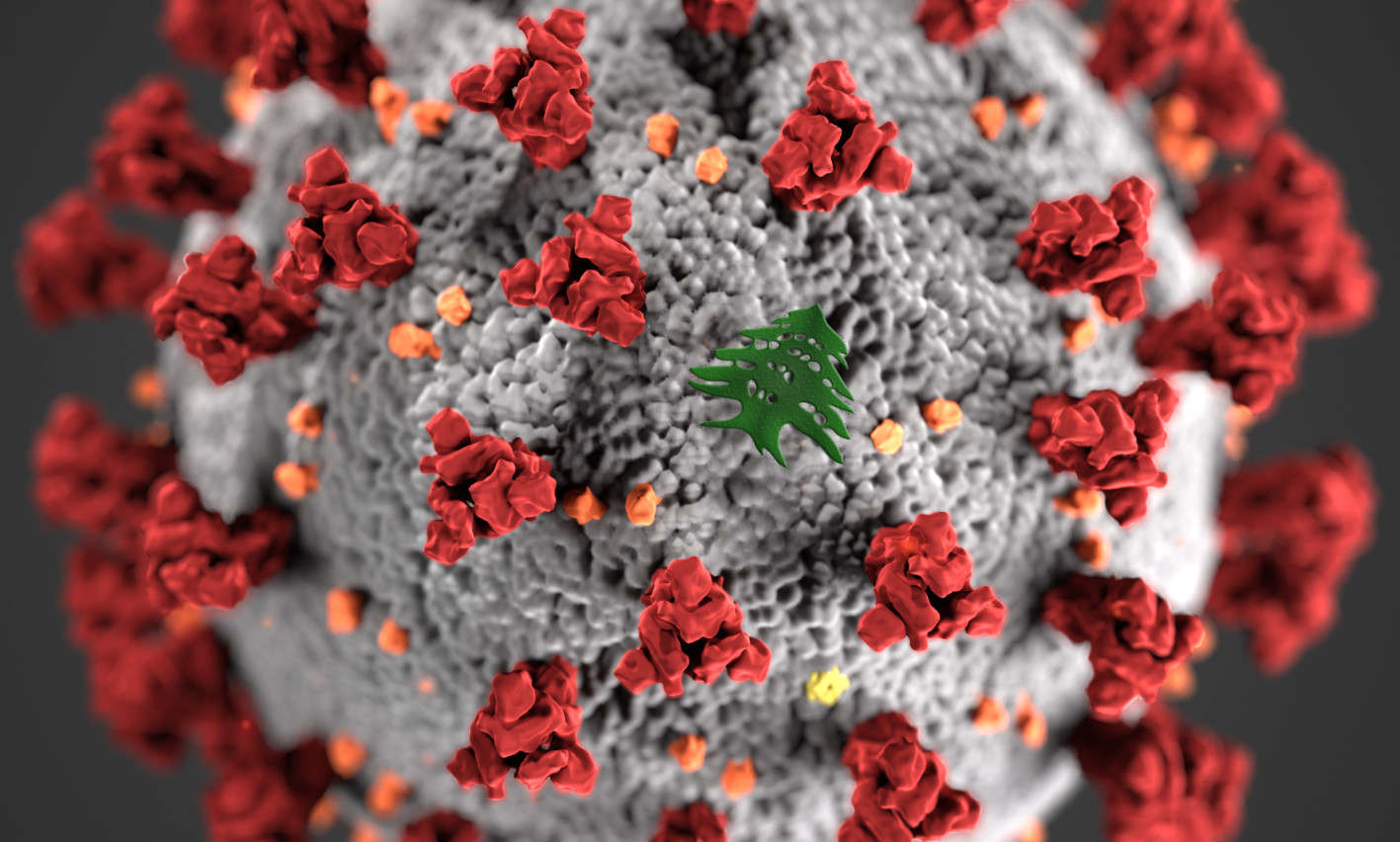Russian President Vladimir Putin said he shares a “very close” worldview with his Iranian counterpart Masoud Pezeshkian, as the sanctioned leaders held a friendly inaugural meeting just as the Middle East braces for Israel’s response to Tehran’s largest-ever missile attack last week.
Iran has supplied thousands of “Shahed” attack drones to Russia, and according to US officials, built a drone factory in Russia. Iran also recently transferred short-range ballistic missiles to Russia to use in the war against Ukraine, CNN reported in September, marking a significant escalation in the country’s support for Moscow.
“We are actively working together in the international arena and our assessments of events taking place in the world are often very close,” Putin said during the landmark meeting, according to Russian state media outlet TASS.
“Since Ukraine, the two countries have been more equal in terms of both needing each other and relying each other on specific issues. And that, I think, has been seen as beneficial from the Iranian side,” said Aniseh Bassiri Tabrizi, senior analyst and associate fellow, at UK think tank Chatham House and senior analyst at the consultancy Control Risks.
Moscow and Tehran have a de facto military alliance in the region to support the regime of Syrian President Bashar al-Assad. Analysts say the countries have found further common ground as they are increasingly isolated by global sanctions.
There is a perception in Moscow that Iran can teach Russia about the tools to evade sanctions, Bassiri Tabrizi noted, adding, “I think it’s overall a goal from the Iranian side, so that has been part of the broader conversation about being part of the BRICS,” the bloc of major emerging economies that Iran formally joined early this year.
Pezeshkian, a reformist who won Iran’s election in July following the death of President Ebrahim Raisi in a helicopter crash, has already emphasized his desire to strengthen bilateral cooperation with Russia to counter the “cruel” sanctions of the West.
In a meeting with Russian Prime Minister Mikhail Mishustin in Tehran last week, the Iranian leader called for accelerating joint projects. Meanwhile, Russia expressed interest in expanding trade and economic cooperation as well as diversifying its bilateral trade with Iran.
The Russian prime minister also invited Pezeshkian to attend the October BRICS summit in Russia, where the two countries are expected to sign a comprehensive strategic agreement.
The Russian foreign ministry has touted these meetings as evidence that Russia-Iran relations are at an “all-time high,” according to TASS.
Ahead of the meeting, Kremlin spokesman Dmitry Peskov said the agenda will focus on “primarily bilateral Russian-Iranian relations,” according to TASS. “But, of course, the situation in the Middle East will not be ignored, it will also be on the agenda. In any case, there will be a serious conversation.”
There have also been reports of Russian involvement in arms transfers to the Iran-backed Houthis. Viktor Bout, the Russian arms dealer who was exchanged in a prisoner swap for American basketball star Brittney Griner, has allegedly reentered the arms trade to broker the sale of $10 million worth of automatic weapons to the Yemen-based rebels, The Wall Street Journal and other Western media outlets reported this week, citing unnamed Western officials. Bout has denied that.
However, developments in the Middle East have not necessarily strengthened Iran-Russia relations, Bassiri Tabrizi noted, and some analysts argue that Russia stands to benefit from the conflicts involving Iranian proxies distracting from the war in Ukraine on the international stage.
“We know that Russia is very much focusing on what’s going on in Ukraine. It probably cannot stretch itself much in terms of delivery of technical and military capability to Iran beyond a certain point,” the Chatham House analyst told CNN in a statement. “While the relationship has been growing and is likely to continue to grow, there are going to be some continued tensions, some continued misalignment.”
The Growing Relationship between Russia and Iran
The meeting between Putin and Pezeshkian comes at a time of heightened tensions between Israel and Iran. Iran has been accused of supplying Russia with weapons to use in the war in Ukraine, and Russia is suspected of providing Iran with sensitive nuclear technology.
The relationship between Russia and Iran has been growing steadily in recent years, particularly since the invasion of Ukraine. The two countries have a shared interest in challenging the West, and they have been cooperating on a number of fronts, including military and economic cooperation.
The Implications for the Middle East
The growing relationship between Russia and Iran has significant implications for the Middle East. The two countries are already deeply involved in the region’s conflicts, and their cooperation is likely to further destabilize the region.
The meeting between Putin and Pezeshkian is a sign of the deepening ties between Russia and Iran. This relationship is likely to continue to grow in the coming years, with significant implications for the international order.
The Implications for the International Order
The deepening ties between Russia and Iran pose a serious challenge to the international order. The two countries are both revisionist powers, and their cooperation is likely to lead to further instability and conflict.
The West needs to be prepared to respond to the growing threat posed by Russia and Iran. This will require a combination of diplomacy, deterrence, and, if necessary, military force.
The Future of the Relationship
The relationship between Russia and Iran is likely to continue to grow in the coming years. The two countries have a shared interest in challenging the West, and they are both facing significant economic and political pressures. This makes them natural allies, and their cooperation is likely to increase in the coming years.
The future of the relationship between Russia and Iran is uncertain, but it is clear that it is a relationship that is of great importance for the international order. The West needs to be prepared to respond to the challenges posed by this relationship, and it needs to work to prevent the two countries from further destabilizing the international order.




